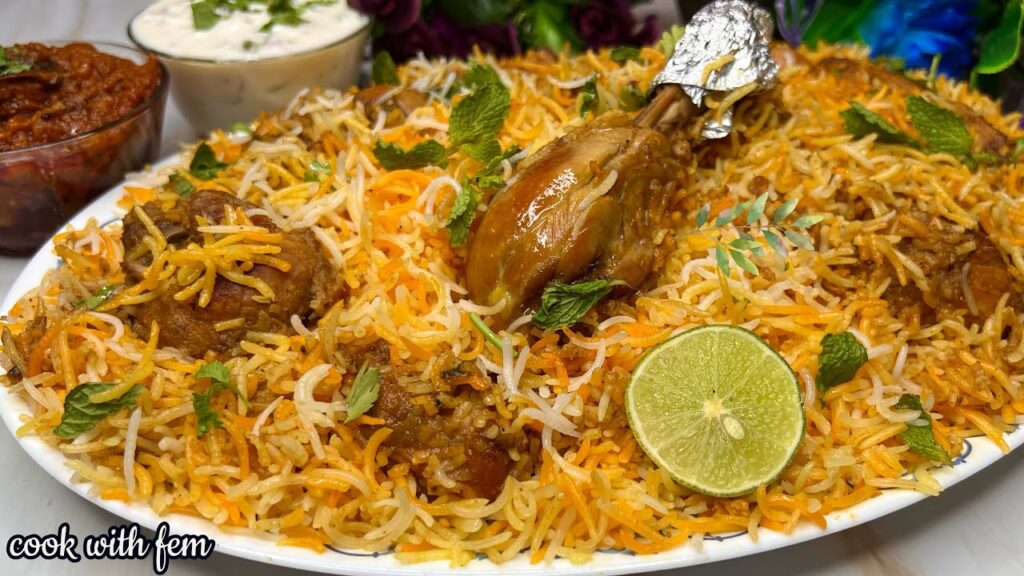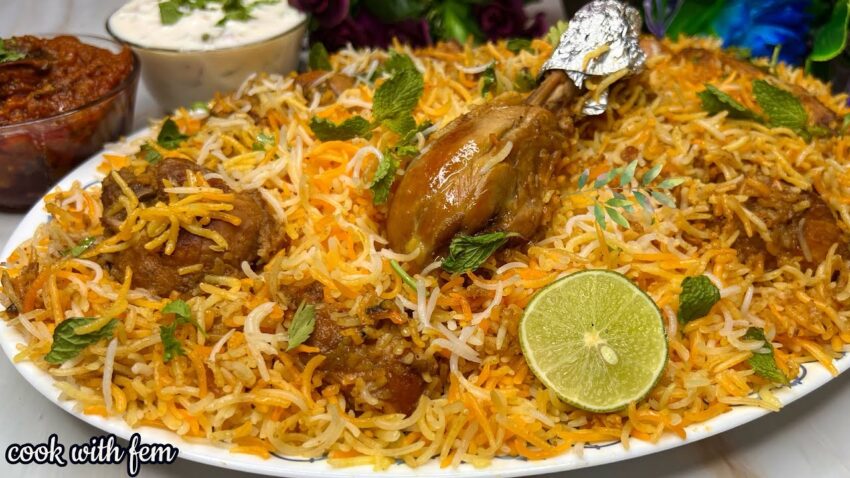
Kutte Ki Biryani: Unveiling the Truth Behind the Viral Dish
Have you stumbled upon the term “Kutte Ki Biryani” online and found yourself scratching your head? You’re not alone. This phrase, which translates to “dog biryani,” has been circulating on the internet, often associated with misinformation and even offensive connotations. This article aims to debunk the myths surrounding “Kutte Ki Biryani”, providing a comprehensive, factual, and responsible exploration of the topic. We’ll delve into the origins of the phrase (where possible), its misuse, and the importance of accurate information in a world saturated with online content. Our goal is to equip you with the knowledge to understand the context surrounding this term and to avoid contributing to the spread of misinformation. We aim to address the core search intent behind this query, which is understanding what “Kutte Ki Biryani” actually means and why it’s being discussed.
Understanding the Origins and Meaning of “Kutte Ki Biryani”
The phrase “Kutte Ki Biryani” is, unfortunately, often used in a derogatory or satirical manner. It doesn’t refer to a legitimate dish but rather to a harmful stereotype or rumor about unsanitary or unethical food practices. It’s crucial to emphasize that there is no authentic or traditional recipe for “Kutte Ki Biryani.” The term’s existence is primarily rooted in:
- Misinformation and Rumors: The term often surfaces within unsubstantiated claims about restaurants or food vendors using dog meat in their biryani preparations. These claims are generally unfounded and lack credible evidence.
- Derogatory Language: Regrettably, the phrase can be used as a slur or insult directed at individuals or communities, perpetuating harmful stereotypes about food safety and hygiene.
- Satire and Parody: In some online contexts, “Kutte Ki Biryani” is used satirically to comment on concerns about food quality or to mock perceived hygiene issues in certain establishments.
It’s vital to approach this topic with sensitivity and awareness. Spreading or engaging with rumors about “Kutte Ki Biryani” can contribute to the spread of misinformation and the perpetuation of harmful stereotypes.
The Importance of Critical Thinking and Fact-Checking
In the age of instant information, it’s more important than ever to cultivate critical thinking skills and to rigorously fact-check information before sharing it. Before believing or spreading claims about “Kutte Ki Biryani” or any other potentially harmful rumor, consider the following:
- Source Credibility: Is the source of the information reliable and trustworthy? Are they known for accuracy and impartiality?
- Evidence and Substantiation: Does the information provide concrete evidence to support its claims? Are there verifiable facts or data to back it up?
- Motivation and Bias: Does the source have any underlying motivation or bias that might influence their reporting? Are they trying to promote a particular agenda or viewpoint?
- Cross-Verification: Can you verify the information through multiple independent sources? Do other reputable sources confirm the same claims?
The Dangers of Spreading Misinformation
The spread of misinformation, including rumors about “Kutte Ki Biryani,” can have serious consequences:
- Damage to Reputations: False claims can severely damage the reputations of businesses and individuals, leading to financial losses and emotional distress.
- Erosion of Trust: The spread of misinformation can erode public trust in institutions, organizations, and even in the media itself.
- Social Division: Rumors and stereotypes can contribute to social division and prejudice, fostering hostility and discrimination.
- Public Health Risks: Inaccurate information about food safety can lead to unnecessary panic and anxiety, and even to harmful behaviors.
Therefore, it’s crucial to be responsible and mindful of the information we share, especially when it involves potentially sensitive topics like food safety and cultural stereotypes.
Exploring Ethical Considerations in Food Preparation
While “Kutte Ki Biryani” represents a harmful rumor, it’s important to address the underlying concerns about ethical food preparation that it sometimes evokes. Consumers rightfully expect that the food they consume is safe, hygienic, and prepared in accordance with ethical standards. This includes:
- Food Safety Standards: Restaurants and food vendors must adhere to strict food safety regulations to prevent contamination and ensure the health of their customers.
- Hygiene Practices: Maintaining proper hygiene practices in food preparation is essential to prevent the spread of foodborne illnesses.
- Transparency and Disclosure: Consumers have a right to know what ingredients are used in their food and how it is prepared.
- Ethical Sourcing: Many consumers are increasingly concerned about the ethical sourcing of food products, including animal welfare and environmental sustainability.
By demanding transparency and accountability from food providers, consumers can help ensure that their food is prepared in accordance with ethical and responsible practices.
Analyzing Food Safety Regulations and Enforcement
Food safety regulations play a crucial role in protecting consumers from foodborne illnesses and ensuring the quality and safety of the food supply. These regulations typically cover a wide range of areas, including:
- Food Handling and Storage: Regulations dictate how food should be handled, stored, and transported to prevent contamination and spoilage.
- Ingredient Standards: Regulations set standards for the quality and safety of food ingredients, including additives, preservatives, and contaminants.
- Labeling Requirements: Regulations require food products to be labeled with accurate and informative information about their ingredients, nutritional content, and potential allergens.
- Inspection and Enforcement: Regulatory agencies conduct inspections of food establishments to ensure compliance with food safety regulations and to take enforcement actions against violators.
The effectiveness of food safety regulations depends on strong enforcement mechanisms and a commitment to transparency and accountability. Consumers can play a role in promoting food safety by reporting potential violations to regulatory agencies and by supporting businesses that prioritize food safety and ethical practices.
The Role of Media Literacy in Combating Misinformation
Media literacy is the ability to access, analyze, evaluate, and create media in a variety of forms. It’s an essential skill in today’s digital age, where we are constantly bombarded with information from a wide range of sources. Media literacy can help us:
- Identify Bias and Propaganda: Media literacy enables us to recognize bias, propaganda, and other manipulative techniques used in media messages.
- Evaluate Source Credibility: Media literacy equips us with the tools to assess the credibility and reliability of different media sources.
- Understand Media Effects: Media literacy helps us understand how media messages can influence our thoughts, feelings, and behaviors.
- Create Responsible Media: Media literacy empowers us to create our own media content in a responsible and ethical manner.
By developing our media literacy skills, we can become more discerning consumers of information and more responsible contributors to the media landscape. This is particularly important when dealing with potentially harmful rumors and stereotypes like those associated with “Kutte Ki Biryani.”
Alternatives and Legitimate Biryani Recipes
Instead of focusing on harmful stereotypes, let’s celebrate the rich diversity of legitimate biryani recipes. Biryani is a beloved dish with countless regional variations, each offering a unique flavor profile and culinary experience. Some popular types of biryani include:
- Hyderabadi Biryani: Known for its rich flavors and use of fragrant spices.
- Lucknowi Biryani: Characterized by its delicate aroma and slow-cooking method.
- Calcutta Biryani: Featuring potatoes and eggs alongside meat or vegetables.
- Malabar Biryani: A coastal variation with a distinct coconut flavor.
- Sindhi Biryani: A spicy and tangy biryani from the Sindh region of Pakistan.
Exploring these authentic biryani recipes is a far more rewarding and enriching experience than engaging with harmful rumors and stereotypes. You can find countless recipes online and in cookbooks, allowing you to experiment with different flavors and techniques.
Q&A: Addressing Common Concerns and Misconceptions
Here are some frequently asked questions about “Kutte Ki Biryani” and related topics:
- Is “Kutte Ki Biryani” a real dish?
No, “Kutte Ki Biryani” is not a real dish. It’s a derogatory term often used to spread misinformation and harmful stereotypes.
- Where did the term “Kutte Ki Biryani” come from?
The origins of the term are unclear, but it likely emerged from rumors and unsubstantiated claims about unethical food practices.
- Is it safe to eat biryani from street vendors?
The safety of eating biryani from street vendors depends on the vendor’s hygiene practices and adherence to food safety regulations. It’s always best to choose vendors with a good reputation and clean surroundings.
- How can I tell if a restaurant is using safe food practices?
Look for restaurants that display food safety certifications, have clean and well-maintained facilities, and have positive reviews from customers.
- What should I do if I suspect a restaurant is using unsafe food practices?
Report your concerns to the local food safety authority.
- How can I avoid spreading misinformation about food safety?
Always verify information from multiple reputable sources before sharing it, and be wary of sensational or unsubstantiated claims.
- What are some reliable sources of information about food safety?
Government food safety agencies, reputable news organizations, and scientific journals are good sources of information.
- What are the consequences of spreading false rumors about businesses?
Spreading false rumors can lead to legal action and significant financial penalties.
- How can I promote ethical and responsible food practices?
Support businesses that prioritize food safety and ethical sourcing, and advocate for stronger food safety regulations.
- What is media literacy and why is it important?
Media literacy is the ability to access, analyze, evaluate, and create media. It’s important for discerning truth from falsehood in the modern age.
Conclusion: Promoting Responsible Information Sharing
In conclusion, “Kutte Ki Biryani” is not a legitimate dish but rather a harmful term often used to spread misinformation and perpetuate stereotypes. It’s crucial to approach this topic with sensitivity and awareness, and to avoid contributing to the spread of rumors and unsubstantiated claims. By cultivating critical thinking skills, practicing media literacy, and supporting ethical food practices, we can help create a more informed and responsible society. Let’s focus on celebrating the rich diversity of authentic biryani recipes and promoting transparency and accountability in the food industry. Share this article to help debunk the myths surrounding “Kutte Ki Biryani” and encourage responsible information sharing online. Explore the delicious world of real biryanis instead of focusing on harmful stereotypes!

